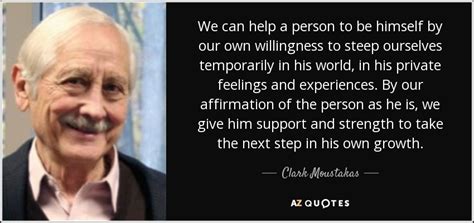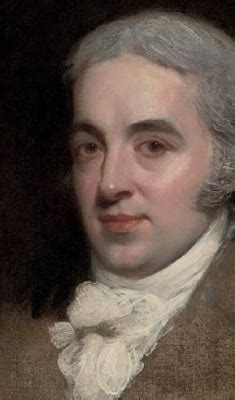A Quote by George Eliot
An ingenious web of probabilities is the surest screen a wise man can place between himself and the truth.
Related Quotes
Man can learn self-discipline without becoming ascetic; he can be wise without waiting to be old; he can be influential without waiting for status. Man can sharpen his ability to distinguish between matters of principle and matters of preference, but only if we have a wise interplay between time and truth, between minutes and morality.
Much has been said of the loneliness of wisdom, and how much the Truth seeker becomes a pilgrim wandering from star to star. To the ignorant, the wise man is lonely because he abides in distant heights of the mind. But the wise man himself does not feel lonely. Wisdom brings him nearer to life; closer to the heart of the world than the foolish man can ever be. Bookishness may lead to loneliness, and scholarship may end in a battle of beliefs, but the wise man gazing off into space sees not an emptiness, but a space full of life, truth, and law.
The man in black smiled. "Shall we tell the truth then, you and I? No more lies?" I thought we had been." But the man in black persisted as if Roland hadn't spoken. "Shall there be truth between us, as two men? Not as friends, but as equals? There is an offer you will get rarely, Roland. Only equals speak the truth, that's my thought on't. Friends and lovers lie endlessly, caught in the web of regard. How tiresome!




































